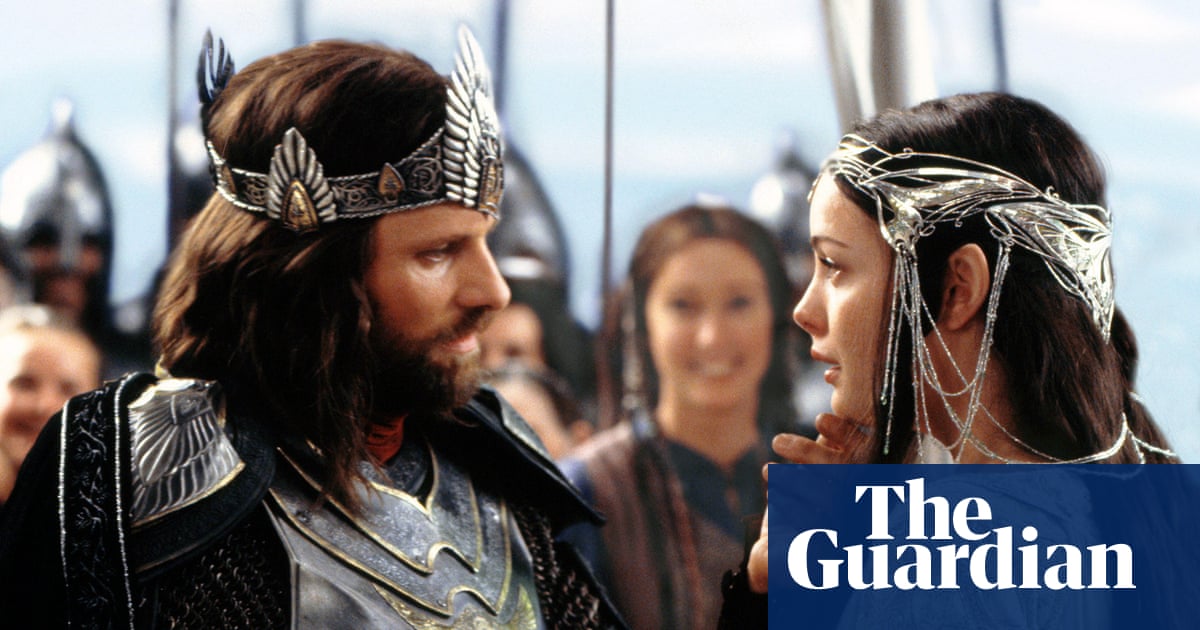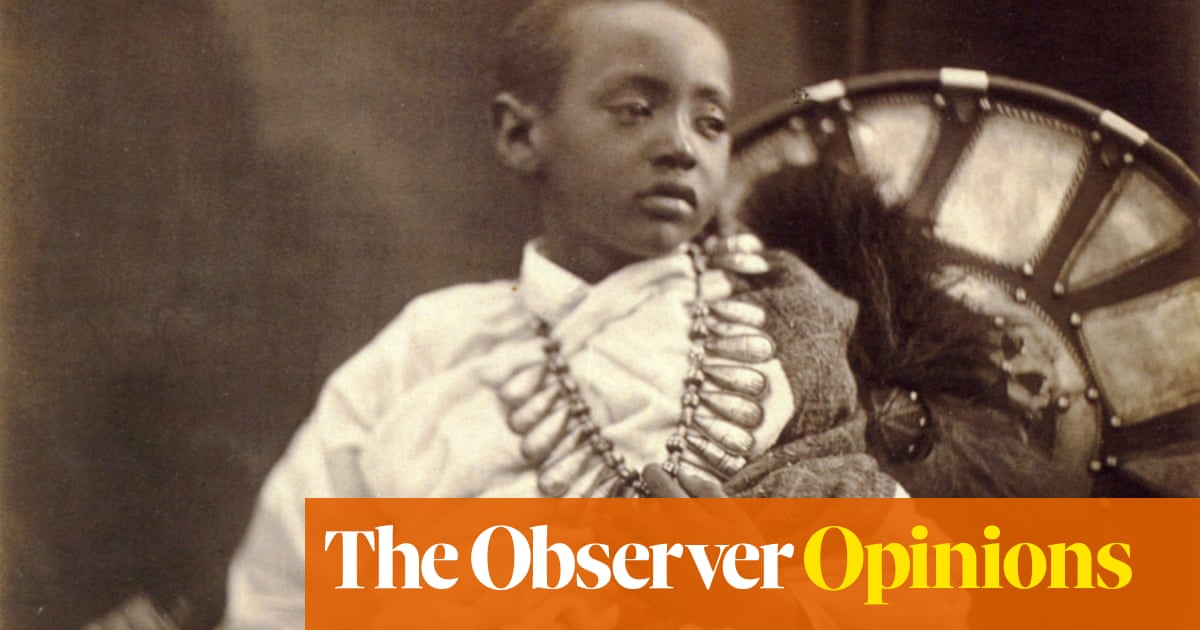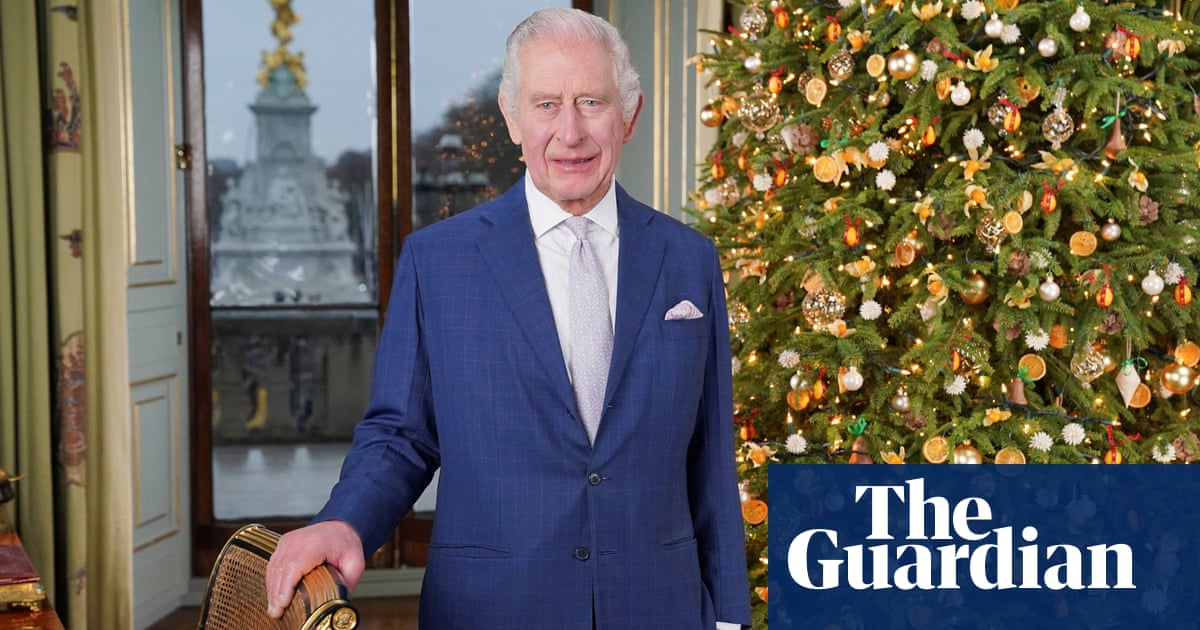
King Charles III of the United Kingdom has said "none of us can change the past" in a speech to Commonwealth leaders.
But leaders could commit to learning from it and "finding creative ways to right inequalities that endure", he told the summit in Samoa.
Diplomatic sources have told the BBC a number of Commonwealth heads of government want to start a "meaningful conversation" about whether the UK should pay reparations for its role in the slave trade.
The King, who did not directly address slavery, was speaking at the opening of the biennial summit for the first time as the head of the 56-member group.
He said the "most painful aspects of our past continue to resonate" but said members of the Commonwealth "know and understand each other such that we can discuss the most challenging issues with openness and respect".
"It is vital therefore that we understand our history to guide us to make the right choices in the future," he said.
There have been growing calls from Commonwealth leaders for the UK to apologise and make reparations.
Ahead of the summit, Downing Street insisted the issue of reparations would not be on the agenda.
However, several Commonwealth leaders - particularly those from Caribbean countries - are expected to defy the UK and hold discussions on how they can secure reparatory justice.
As well as financial reparations, reparatory justice can come in several forms, including debt relief, an official apology, educational programmes, building museums, economic support, and public health assistance.
The draft of the summit communique - made known to the BBC - currently says that the heads of government noted "calls for discussions on reparatory justice with regard to the transatlantic trade in enslaved Africans and chattel enslavement" and "agreed that the time has come for a meaningful, truthful and respectful conversation towards forging a common future based on equity.”
British officials succeeded in blocking plans for an entirely separate declaration on reparatory justice, but at the moment are having to accept that some text on the subject will appear in the final communique.
Asked about the topic by the BBC, Prime Minister Sir Keir Starmer said slavery was "abhorrent" and it was important to "talk about our history".
But he added he wanted the summit to focus on "today"s challenges", such as climate change and boosting trade within the Commonwealth.
On Thursday, Chancellor Rachel Reeves ruled out making any reparation payments, saying: "That"s not something that this government is doing."
The BBC spoke to several locals in Samoa about the issue of reparations and the summit more broadly.
Amanda Taavaomaalii, a teacher, said: "We have different opinions.
"It’s already in the past – nothing more to talk about."
Pisa Pisa Imoamoa, also a teacher, was excited to see her country hosting such a large summit, describing it as "an honour".
"It’s good to see a lot of people from overseas, especially the King," she said.
"I think it’s good for the economy. It helps a lot of people, especially our people, by people coming here."
She added that the summit gave smaller countries the chance to have their say on climate change, an issue that will disproportionately affect the small island nations that make up much of the Commonwealth.
The King also used his speech to highlight climate change, saying: "We are well past believing it is a problem for the future.
"It is already undermining the development gains we have long fought for." — BBC












